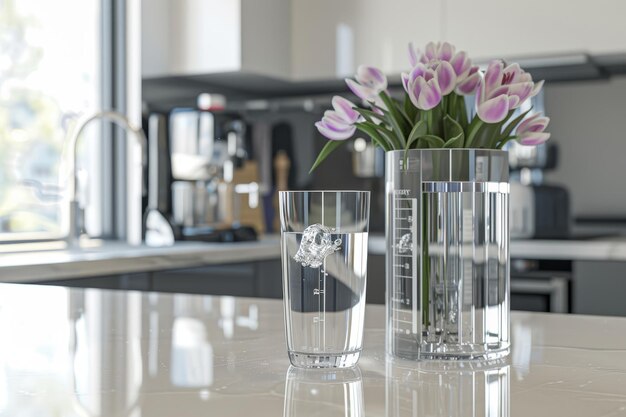Do New York's Apartment Buildings Need to Filter Water? Here's the Real Story
When it comes to living in New York City, one of the biggest concerns for residents is the quality of their water. With over eight million people relying on it daily, you might be wondering if apartment buildings in New York are mandated to filter water systems for residents. The simple answer is no, apartment buildings in New York City are not required by law to filter their water supply.
New York City's water comes from a system of reservoirs and is known for its high quality and great taste. The New York City Department of Environmental Protection (DEP) manages this system and ensures that the water meets or exceeds both federal and state water quality standards. While the city delivers clean water, it's the responsibility of building owners to maintain the plumbing within their properties. This includes dealing with outdated pipes that could contribute to issues like lead contamination.
Though filtration systems are not mandatory, many building owners voluntarily choose to install water filters to improve the taste and address potential pipe-related impurities. This decision often depends on the building's age, location, and the management's commitment to providing high-quality amenities. If you're a resident concerned about your water quality, here's some insight on how you might obtain financial assistance for water testing or upgrades.
Unexpected Costs: What's Covered?
Living in New York City can come with surprises, especially when it concerns housing expenses. For residents worried about unexpected costs related to plumbing or water quality improvements, various financial assistance programs might offer relief.
Government Grants: While there's no direct funding for water filtration, some city programs support building upgrades that make units more sustainable and livable, indirectly benefiting water quality. Keep an eye on local housing authorities for announcements or funding rounds.
Housing Standards Inspection Fund: If your concerns stem from the condition of your plumbing, you might be able to access assistance for repairs through housing inspection mandates. The city regularly updates its repair and maintenance funding for landlords to meet health standards, which often cover plumbing upgrades.
Energy Efficiency Incentives: Certain incentives close to water conservation efforts may offer rebates for building improvements that include better water systems as part of energy-saving measures.
Seeking Additional Assistance
For New Yorkers, discovering available financial relief options for housing and utilities can be a profound relief. Here’s how to navigate these waters:
Debt Relief and Credit Solutions: If you're facing financial struggles that make upgrading your living situation burdensome, consider debt relief or credit counseling services. These avenues can guide you on managing finances effectively, allowing more room in your budget for personal investments like unit improvements.
Educational Programs: Knowledge is power. Engage in online courses or local workshops on home maintenance, plumbing solutions, or even personal financial management to empower yourself to empower yourself in retaining value in your living space.
Whether you are a tenant or landlord, staying informed and utilizing available resources can make maintaining or improving your home environment less of a financial strain.
Summary of Options for Financial Support 💰
- 📋 Government Grants for housing upgrades
- 🔧 Housing Standards Inspection Fund for repair assistance
- 💡 Energy Efficiency Incentives for water-saving measures
- 💳 Debt Relief and Credit Counseling for managing finances
- 🎓 Educational Programs for home maintenance and financial literacy
By exploring these options, you can better handle any financial demands related to improving water quality in your apartment. Remember, while not mandated, filtering water in apartment buildings can result in tangible health benefits and long-term financial savings.

